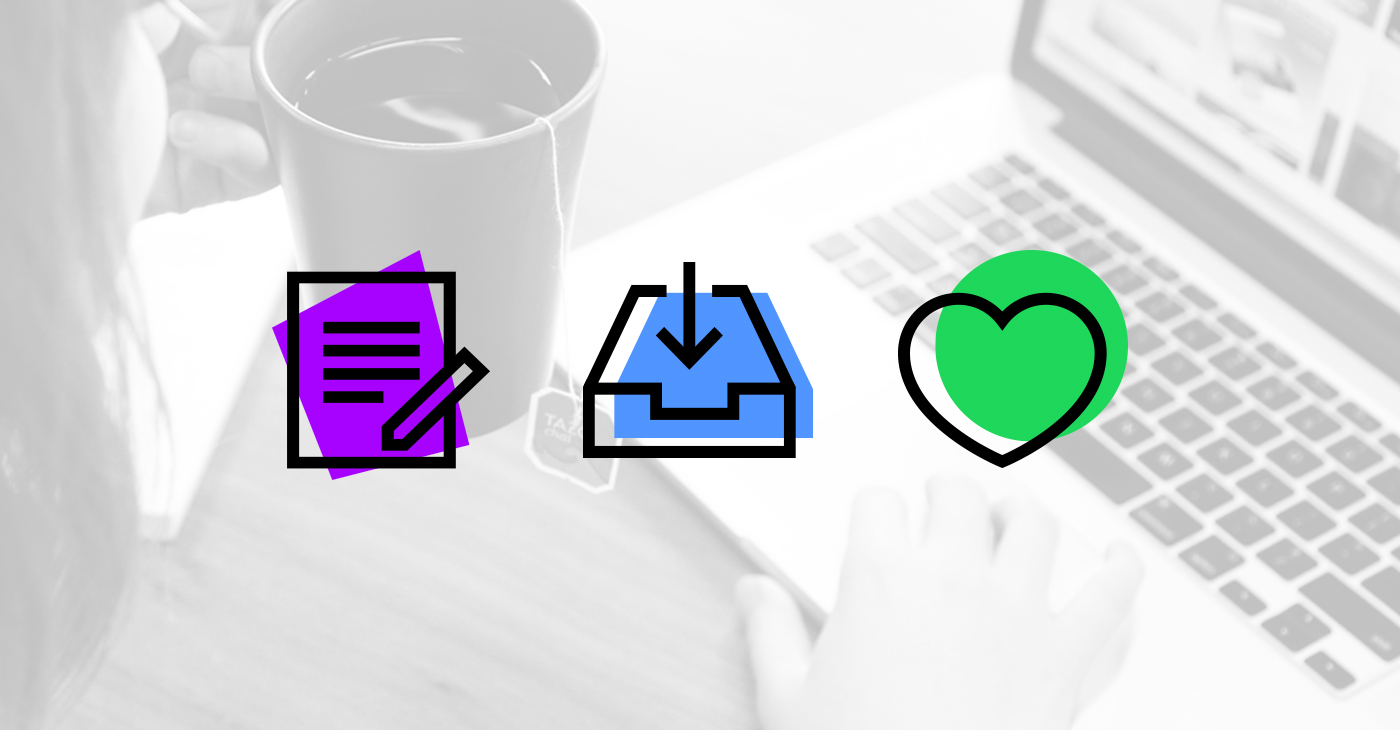As an experienced event marketer you’re confident that you’ve taken care of planning every possible activity which benefits and boosts your event’s profile in every way: to the audience, the presenters, and the sponsors. Unfortunately, some of the most beneficial activities are often overlooked by event marketers and these are the ones which can differentiate a ho hum event from a knock-it-out-of-the-ballpark one.
- Analyze the peaks and valleys of your event attendance graphed over the time of day. Is half your audience disappearing mid-morning to go play a round of golf, or are they missing the evening events because they’d rather go out and catch a big show in town?
- Ask random attendees how they’re enjoying the event and what if any difficulties they have encountered. Their answers can shed light on parking problems, hotel hiccups, food quality issues, and even what could be considered peripheral but are actually very serious inconveniences such as seat comfort and position.
- Create a portfolio where copies of all news clippings, online site printouts, and event newsletter coverage is included, and which is sent to the sponsor(s) directly after the event.
- Determine when your audience starts leaving which will allow you to obtain a clear perspective on what additional event features you can backload into your future event in order to motivate them to stay right until the very end.
- Distribute and correlate a survey with both quantitative and qualitative questions which you can use as a research tool in order to derive much finer audience definition to guide your future event marketing campaigns.
- Have a photographer and/or videographer present at all times to capture your key sponsors hobnobbing with the celebrities, presenters and other dignitaries. Also have the same –grapher capture images of each exhibit booth/presence with the exhibitors in rapt conversation with engaged and motivated prospective buyers.
- Join every event marketing association and organization that is even remotely involved in your industry sector. Through networking with other members you will be privy to tips, hints, and techniques to boost your overall event which you ordinarily might never have otherwise discovered.
- Observe what the reaction of the audience is at every step of your event. All the surveys you can conduct won’t equal the insight you can have about the efficacy of your event when you directly and physically observe if the audience is enthralled or yawning.
- Prepare a series of surprises for your audience: These can be little giveaways taped to the underneath of each seat, a surprise draw for a grand prize, the opportunity for one on one time with a celebrity… use your imagination!
- Present a certificate, plaque, award, video, or even just a letter of thanks to each supporter and presenter for their invaluable participation.
- Present a post-event summary to all sponsors outlining how their support has benefited both the event and themselves with an action plan to show how expanded participation in your next event could further boost visibility and bottom line results.
- Provide a full range of activities for spouses and families accompanying your attendee. You can’t expect a spouse and kids to be enthralled with your presentation on the latest technological developments in hydraulic impeller pumps so give them something to do.
- Provide a speaker’s lounge or press area where interviews of the participants can be facilitated by members of both the consumer and trade press.
- Send a personal letter or email to each key offline and online press representative. This is not the usual publicist press release boilerplate but a direct missive which acknowledges the journalist’s preferences and subject matter of focus and both incentivizes and thanks them for covering your event.
- Sign up for media monitoring in a big way. Don’t just limit yourself to analyzing online social media chatter but derive the benefits of a company which has the facilities to monitor even the countless media which does not get included in Google News.
You can never be too prepared for an event and similarly you can’t conduct too many key activities!









